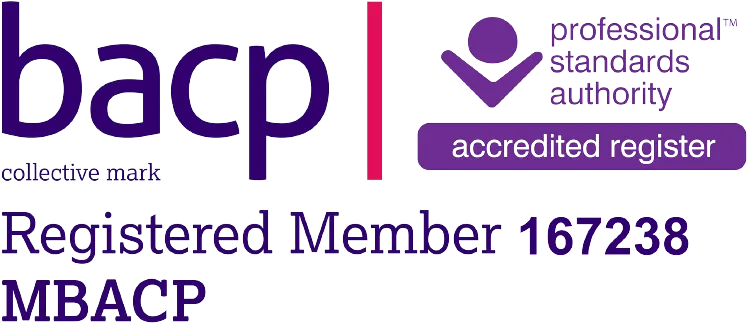Identity & Intercultural Concerns
Why identity and culture matters...
Humans are cultural beings. The first connections with culture are usually made within the family; they influence the way we see ourselves and what we think is important.
Your family and cultural background shape your attitudes about mental health and wellbeing: how you are taught to cope with problems and difficult situations, how you talk about them, who you talk about them too, and how you seek support. Your culture may also shape how you relax, practise self-care, and resolve conflicts.
If you live in a community that rejects aspects of your culture – such as identity, beliefs, or sexual orientation – it can have negative impacts on your wellbeing. If you live where the dominant culture is different from or lacks tolerance to your own cultural heritage, or you have parents from different cultural backgrounds, you may experience some conflict around your cultural identity.
"I just didn’t know what to expect, I didn’t think it was possible to get through the difficult periods in my life. I came to counselling hoping to offload the myriad of thoughts and truths I had held for decades and wrestled with..."
- Client P
That is, because as we grow, our idea of who we are tends to change with age. As children and adolescents, our self-concept is more flexible, as we are still figuring out who we really are and constantly comparing ourselves to others. As older adults, however, our idea of our identity is more fixed. We know our personal values and are more self-aware.
If you are disconnected from your cultural heritage it can lead you to question who you really are and where you belong. This may cause you to feel lost and isolated. Connecting with culture can have a positive impact on your sense of belonging and identity – and in turn, on your mental health and overall wellbeing.
Below are some life changes that can heavily affect our sense of identity. These include things like:
Loss and bereavement
Trauma or Abuse.
Accidents or illness
Another thing to consider is communities in general understand and talk about mental health in different ways. In many communities, mental health problems are rarely spoken about and can be seen in a negative light. This can discourage people within the community from talking about their mental health and maybe a barrier to engagement with health services.
Source:
https://headtohealth.gov.au/meaningful-life/connectedness/culture
Garvey D (2008) [accessed 29/09/20]
Get in touch
Call
07860518293
Address
9 Ramsey Court Church Street Croydon
CR0 1RF
Hours
Monday: 10.00am-7.00pm
Tuesday: 10.00am-7.00pm
Weds: 9.00am - 5.00pm
Thurs: 10.00am-7.00pm
Friday: 9:00am - 5:00pm
Sat/Sun & Bank Holidays: Closed






